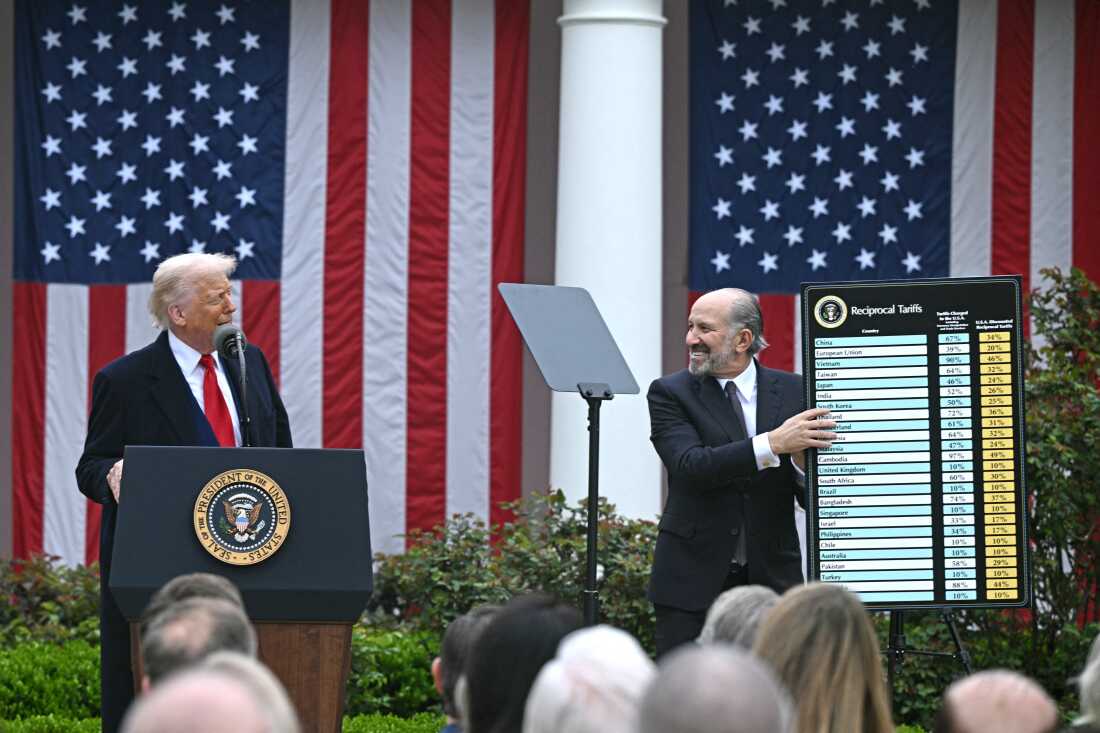Danielle Waterfield was fired, rehired and fired again from her job at CHIPS for America, part of the Department of Commerce. Now, she fears her health insurance was cut off weeks ago, even though she was told otherwise.

Danielle Waterfield was already dealing with the shock and disappointment of being fired from a job she loved.

An attorney recruited to the Commerce Department's CHIPS for America program in 2023, Waterfield had felt she was part of something monumental, something that would move the country forward: rebuilding America's semiconductor industry.

Instead, nearly two months after being fired in the Trump administration's purge of newer - or "probationary" - federal employees, Waterfield is enmeshed in a bureaucratic mess over her health care coverage. It's a mess that's left her fearing her entire family may now be uninsured.

"I've been in the private sector. I've gone through layoffs," says Waterfield. "I've never before experienced this, and never for the life of me thought the federal government would treat people like that."

Solid benefits have long been seen as a perk of federal jobs, a tradeoff for lower pay. As a result, many federal employees carry their families on their health insurance plans.

But now, the administration's "break first, ask questions later" approach to remaking the federal bureaucracy has brought a level of chaos to the government that workers like Waterfield have never seen anywhere, even in the private sector.

President Trump delivers remarks on reciprocal tariffs as Secretary of Commerce Howard Lutnick holds a chart during an event in the Rose Garden entitled "Make America Wealthy Again" at the White House in Washington, D.C., on April 2, 2025.

Firings have been carried out with such haste that human resource departments have struggled to answer a basic question from those affected: Do we have health insurance?

Fired employees desperate for information have instead been given responses that are confusing, conflicting and at times, flat out wrong. Moreover, much of that information has come too late. Some fear they've racked up medical bills that will not be reimbursed, while others are avoiding medical care until they can get new insurance.

The Commerce Department did not respond to NPR's multiple requests for comment about the fired employees' health care coverage. The U.S. Office of Personnel Management, which handles many human resource functions for the federal government, only provided general information about federal benefits but did not address specific questions.

How Waterfield and possibly hundreds of others recently fired from the Commerce Department ended up in this situation takes some explaining. The information vacuum that employees have encountered amid a legal battle over their firings has certainly compounded the chaos.

In court filings, the Commerce Department confirmed it fired close to 800 probationary employees between President Trump's inauguration on Jan. 20 and March 3.

Waterfield's termination letter came March 3. Immediately, she realized she needed to figure out health insurance for her family. Her husband and two children were on her health plan.

The Commerce Department sent her a memo explaining the federal government's benefits policy for separated employees: The government would provide a 31-day extension of her health insurance following her last pay period. She would owe no additional premiums. After that, she would have 60 days to opt into federal employees' equivalent of COBRA to continue her health benefits.

Instead, Waterfield started looking into how to switch the family to the plan her husband's employer offered, an option she was grateful to have. But she couldn't do that until she could prove a "qualifying life event" - in her case, a loss of health insurance due to being fired.

And then, 10 days later came a new twist.

Ten days after Waterfield was terminated, a federal judge in Maryland found that her firing and that of more than 24,000 other probationary employees
